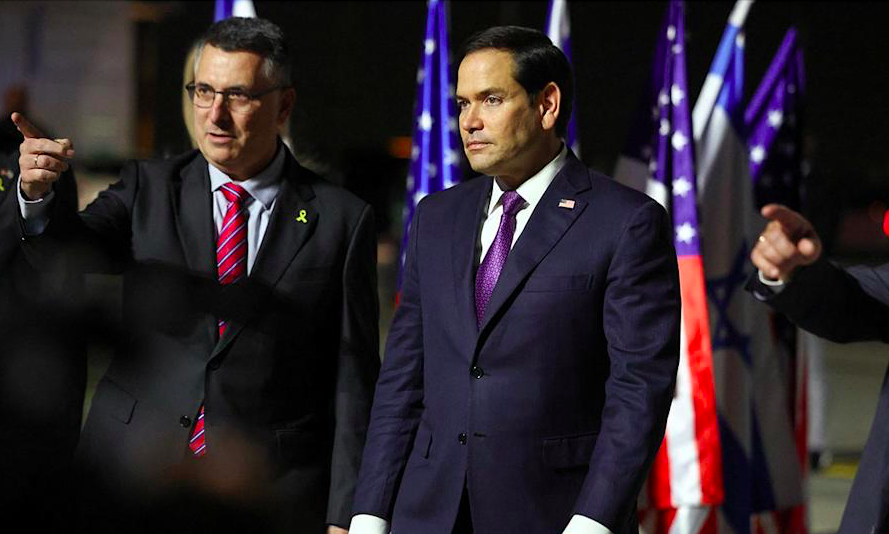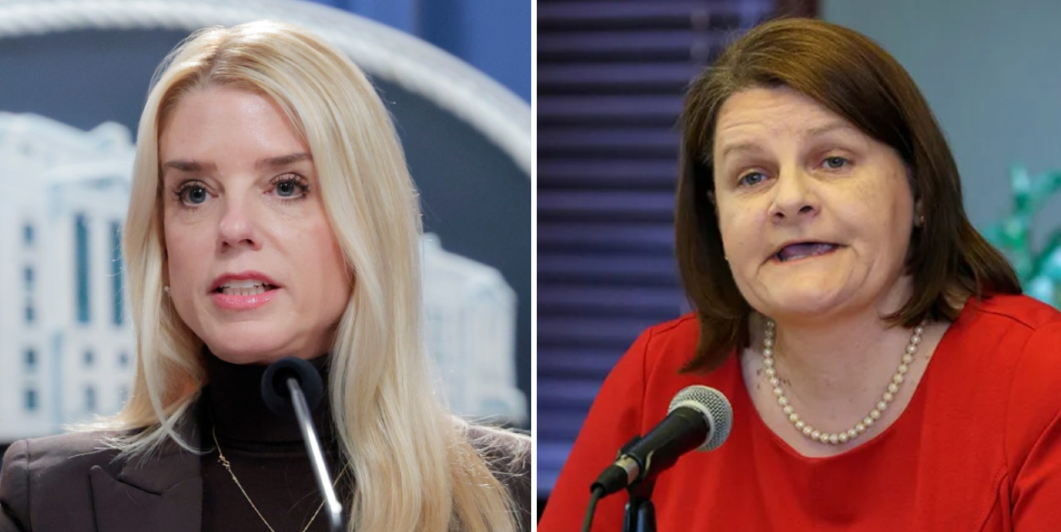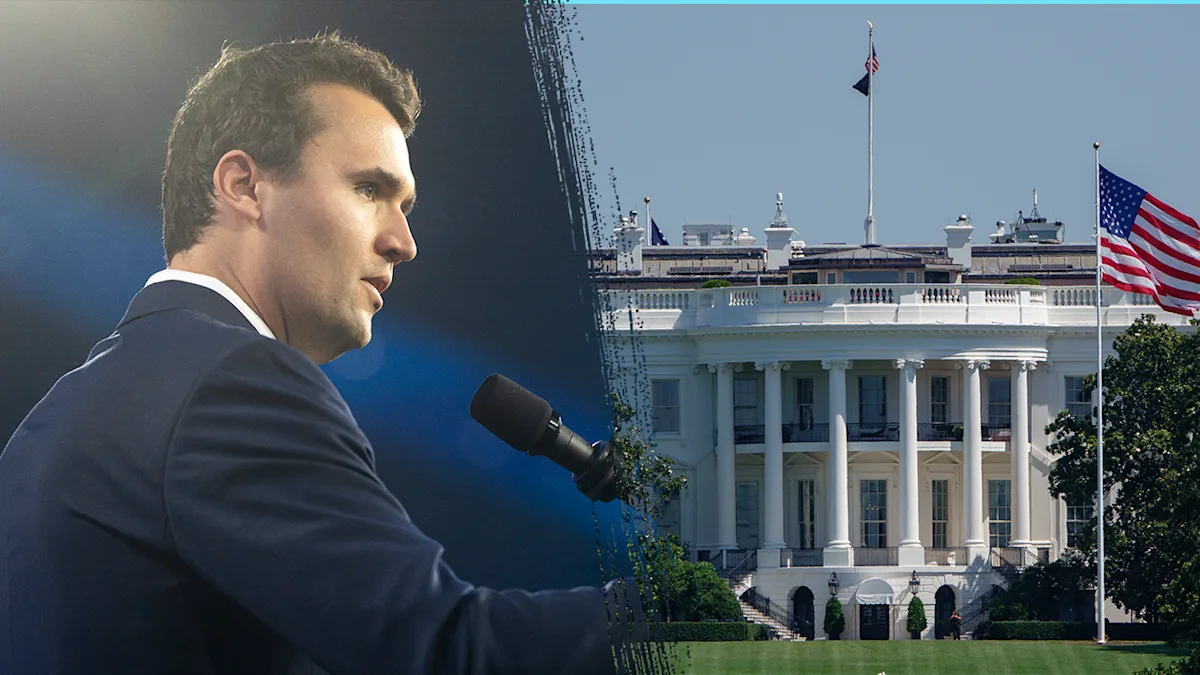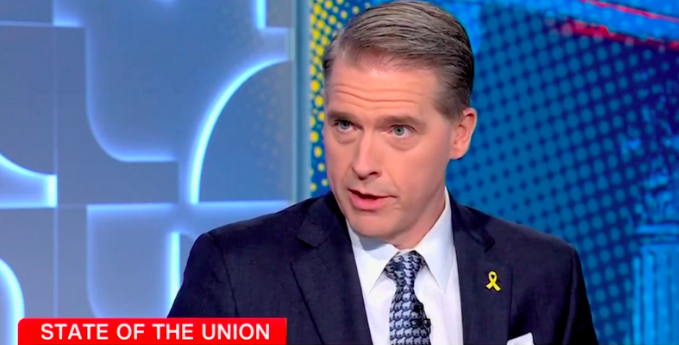In a decisive move to enhance the efficiency and accountability of U.S. foreign assistance, the Trump administration has announced the dissolution of the U.S. Agency for International Development (USAID), with its remaining functions to be absorbed by the Department of State.
This strategic realignment aims to ensure that foreign aid aligns more closely with America’s national interests and delivers tangible benefits to both the United States and aid recipients.
Secretary of State Marco Rubio emphasized the administration’s commitment to reforming foreign assistance programs to better serve American citizens. He stated, “We are reorienting our foreign assistance programs to align directly with what is best for the United States and our citizens.”
The decision to dissolve USAID follows a comprehensive review led by the Department of Government Efficiency (DOGE), headed by Elon Musk. This review identified numerous programs that were deemed inconsistent with the core national interests of the United States. As a result, approximately 83% of USAID’s programs have been terminated, with the remaining 17% set to be managed under the State Department’s purview.
Elon Musk, spearheading the government’s efficiency initiatives, supported the move, stating, “The important parts of USAID should always have been with Dept of State.”
The reorganization entails significant personnel reductions, with over 4,650 USAID employees slated for termination. This includes more than 1,500 employees who have already been let go. The administration asserts that these cuts are necessary to eliminate redundancy and ensure that foreign aid is administered more effectively.
Despite the restructuring, the United States remains committed to providing essential aid where it aligns with national interests. For instance, the administration recently announced a $73 million aid package to support Rohingya refugees through the U.N. World Food Programme, addressing critical food and nutrition needs for over one million people.
The administration’s efforts to dismantle USAID have faced legal challenges. A federal appeals court recently lifted an injunction, allowing the Department of Government Efficiency to proceed with the agency’s dissolution. The court’s decision underscores the administration’s authority to reorganize executive agencies to better serve the nation’s interests.
Critics of the move argue that the abrupt termination of numerous aid programs could have adverse effects on vulnerable populations worldwide. However, the administration maintains that a more streamlined and accountable approach to foreign assistance will ultimately lead to more effective aid delivery and better outcomes for both the United States and recipient countries.
The consolidation of USAID’s functions into the State Department represents a significant shift in how the United States administers foreign aid. By centralizing these efforts, the administration aims to speak with one voice in foreign affairs, enhancing the strategic impact of assistance programs. This move is expected to eliminate wasteful spending and ensure that aid dollars are directed toward programs that genuinely serve U.S. interests.
This restructuring aligns with President Trump’s broader agenda to reduce government inefficiency and prioritize policies that put America first. By reevaluating and realigning foreign assistance programs, the administration seeks to ensure that U.S. resources are utilized in a manner that promotes national security, economic prosperity, and global stability.
While some international aid organizations have expressed concern over the changes, the administration has reiterated its commitment to working with partners who share the goal of delivering effective and efficient assistance. The State Department will oversee the transition, ensuring that critical programs continue to operate smoothly during the consolidation process.
The elimination of USAID and the absorption of its functions by the State Department mark a pivotal moment in U.S. foreign policy. This bold move reflects the administration’s dedication to reforming government agencies to better serve the American people and uphold the nation’s interests on the global stage.






